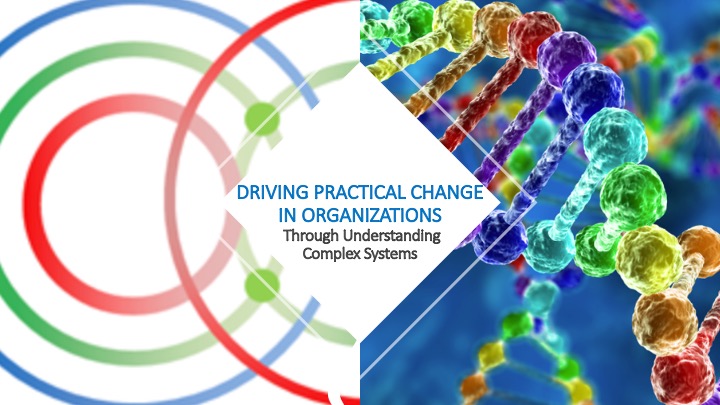
‘The Human Cycle’ is one of Sri Aurobindo's major works on social and political thought. In this book, history and social development are seen through the prism of a natural evolution of both consciousness and forms. Although this text was written a century ago and references historical developments of that era, the wisdom and message of the book are universal and can help us interpret contemporary events meaningfully. Tracing this evolution of the psychology of human societies, Sri Aurobindo offers an integral perspective for understanding the development of the past, leading up to the apparent confusion of the present, and pointing us to the spiritual possibilities and certainties of the future.
Duration: 52 weeks
- Facilitator: Devdip Ganguli

The course explores Sri Aurobindo's social and political thought through his work 'The Ideal of Human Unity'. In IHU Sri Aurobindo discusses the inevitability of the unification of the human race as a result of imperative evolutionary forces. He describes the principles which may be followed in the process of this unification, stresses on the need of individual and group freedom within such a unity, and argues that only a unity founded on a deeper spiritual principle can ensure that world union supports diversity and is conducive to the spiritual evolution of the race.
Duration: 52 weeks
- Facilitator: Devdip Ganguli

Change in organizations is always difficult, especially in those organizations where bureaucracy and hierarchy are prevalent. Through an understanding of the principles that drive naturally resilient and adaptive systems it becomes possible to tilt the balance through small changes and to even cause bottom-up revolutions to happen. This course will introduce an important field – complex systems – through a series of Forbes articles, that each disclose some principle central to the creation of resilient bottom-up systems.
Duration: 12 weeks
- Facilitator: Pravir Malik, Dr
